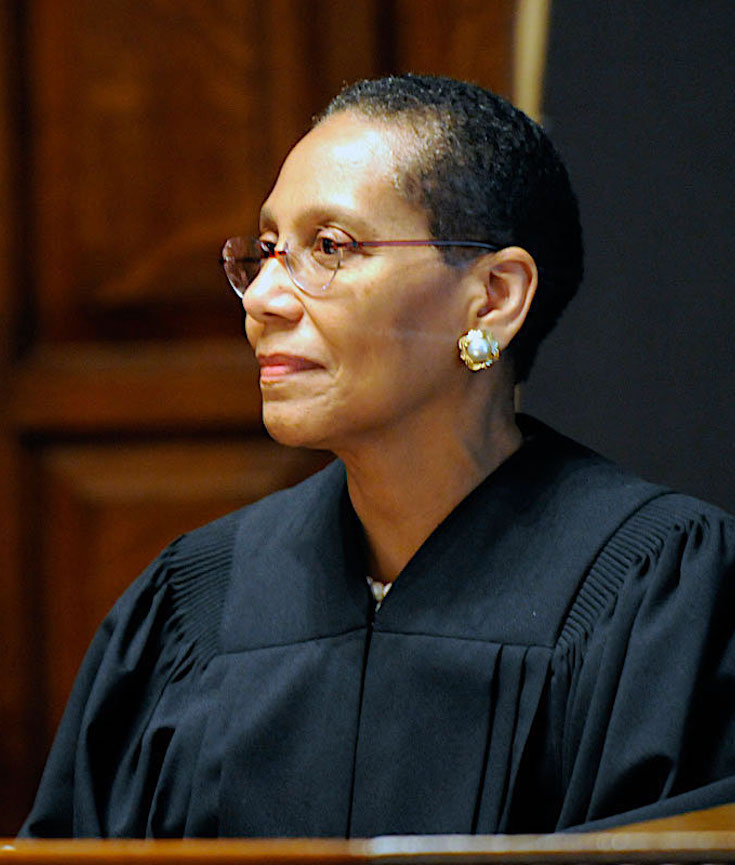At some point, she had left her apartment in Harlem, law enforcement officials said, departing without her wallet and cellphone, and locking the door behind her.
When Judge Abdus-Salaam — the first black woman to serve on New York State’s highest court — failed to appear at work on Wednesday, her assistant grew concerned and contacted her husband, who reported her missing, the law enforcement officials said. Then that afternoon, there was a terrible discovery: The judge’s body floating, fully clothed and with no apparent signs of trauma, in the Hudson River.
The unexpected death was shocking and saddening and even set off some suspicions among Judge Abdus-Salaam’s friends and colleagues, many of whom said she had given no indication that anyone — including herself — would want to do her harm.
[mc4wp_form id=”6042″]

The New York Court of Appeals is the highest court in the U.S. state of New York. The Court of Appeals consists of seven judges: the Chief Judge and six associate judges who are appointed by the Governor to 14-year terms. The Chief Judge of the Court of Appeals also heads administration of the state’s court system, and thus is also known as the Chief Judge of the State of New York. The 1842 Neoclassical courthouse is located in New York’s capital, Albany.
Appeals are taken from the four departments of the New York Supreme Court, Appellate Division to the Court of Appeals. In some cases, an appeal lies of right, but in most cases, permission (or “leave”) to appeal must be obtained, either from the Appellate Division itself or from the Court of Appeals. In civil cases, the Appellate Division panel or Court of Appeals votes on petitions for leave to appeal; in most criminal cases, however, the petition for leave to appeal is referred to a single Justice or Judge, whose decision whether to grant or deny leave is final. In some criminal cases, some appellate decisions by an Appellate Term or County Court are also appealable to the Court of Appeals, either of right or by permission. (Wikipedia)



You must be logged in to post a comment.